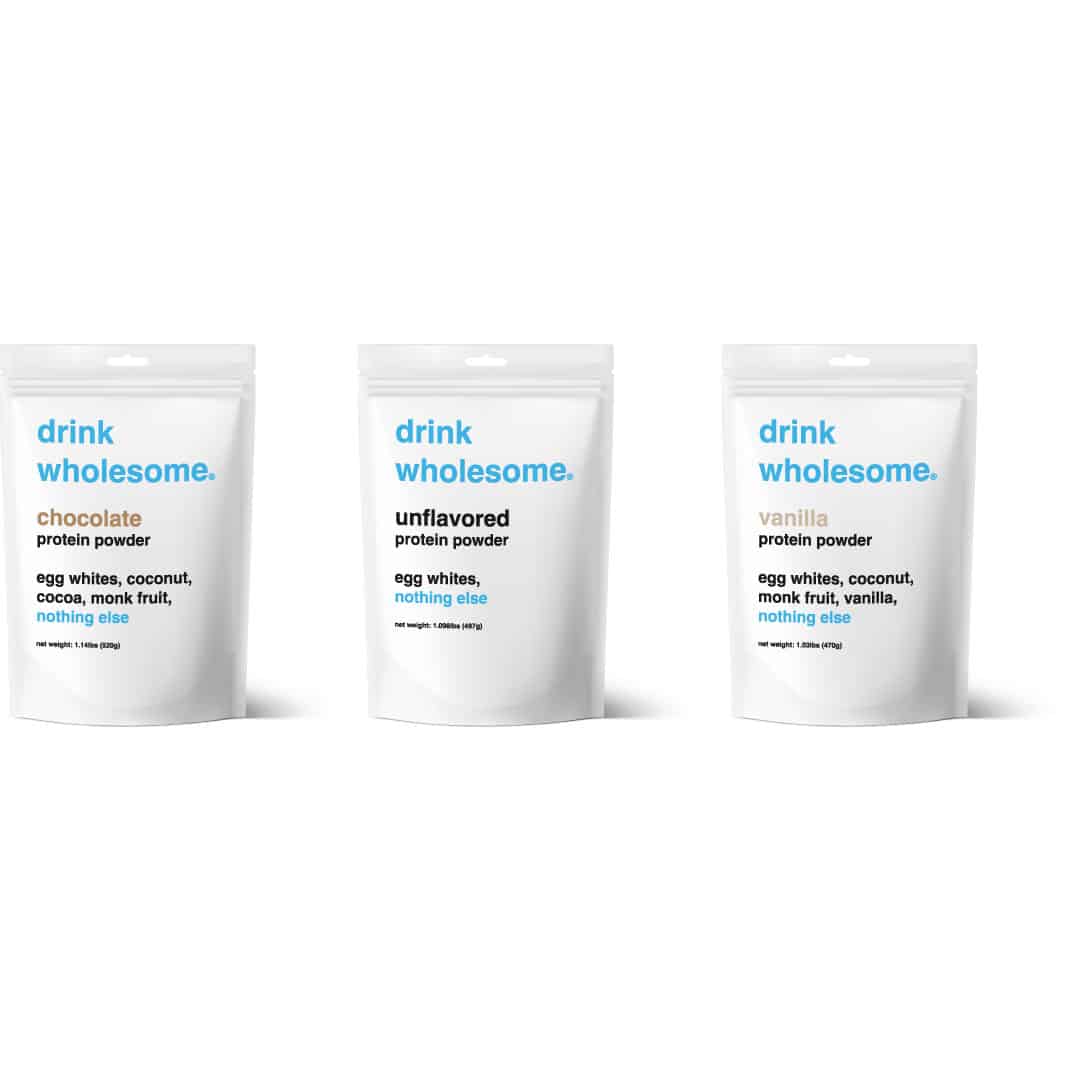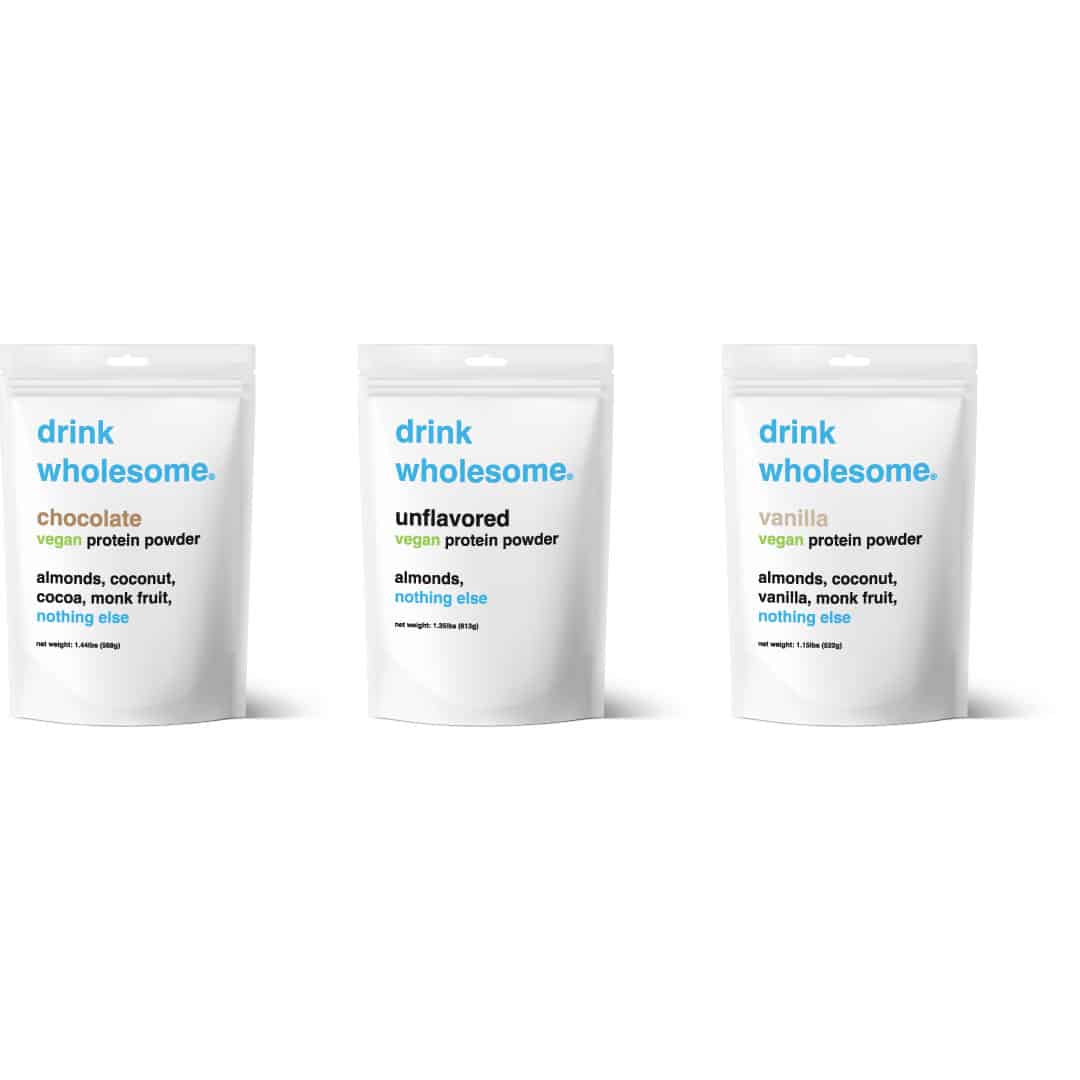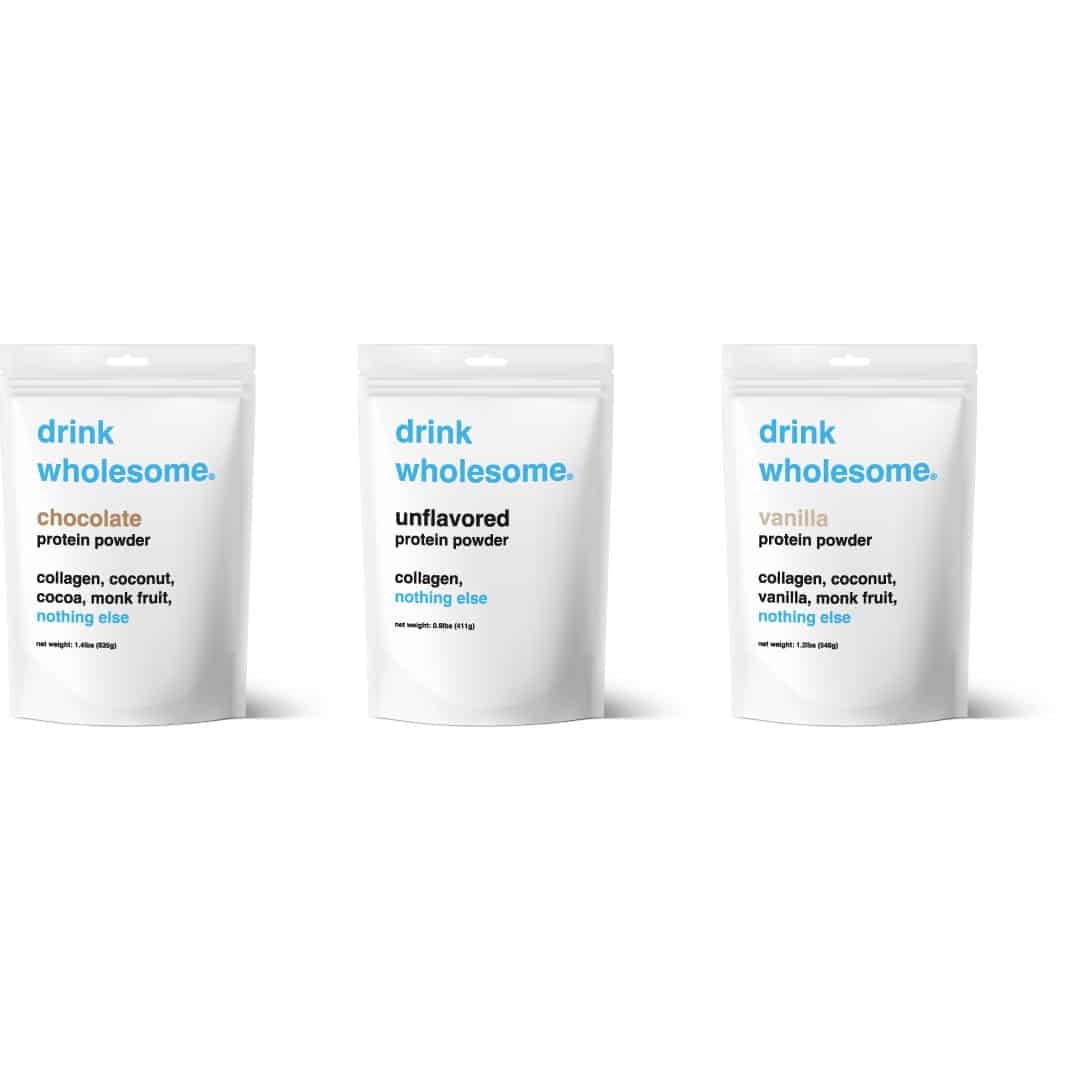drink wholesome is good for mothers
Adding our protein powder to your diet can help you and your baby stay strong and healthy. Keep reading to learn why.
Protein powder for pregnancy
Why is eating enough protein important during pregnancy?
Eating enough protein during pregnancy is important for several reasons. First of all, protein fuels the growth and development of the fetus. Insufficient protein intake can result in low birth weight and other health complications.
Protein is also essential for the mother’s health during pregnancy. The expansion of blood volume and growth of maternal tissues requires substantial amounts of protein. The growth of the fetus and placenta also places increased protein demands on the mother. Adequate protein intake can help prevent morning sickness in pregnant mothers too.
How much protein do pregnant mothers need?
Protein needs increase during each trimester of pregnancy, you should consider creating a plan to make sure you are eating enough protein. Our in-house registered dietitian Brittany Adelman recommends the following:
First trimester (week 1-12), 46-56 grams per day
During the first trimester, your protein needs are relatively consistent with what they were before you were pregnant. This period is crucial for early fetal development.
Second trimester (week 13-26), 71-86 grams per day
Your protein needs increase in the second trimester to accommodate the growing demands of the developing fetus, especially as its organs and tissues start to form and maternal blood volume starts to expand.
Third trimester (week 27 through pregnancy), 71-100 grams per day
The third trimester sees a further increase in your protein needs. During this stage, the fetus undergoes rapid growth and protein is needed to prepare the mother’s body for labor and breastfeeding.
Thinking about eating 70+ grams of protein per day can be overwhelming. As you can see below, even if you eat protein with every meal, you may still not be meeting your protein needs.
Breakfast: 2 eggs – 12 gram protein
Lunch: 4 ounces chicken breast – 32 grams protein
Snack: ¼ cup almonds – 7 grams protein
Dinner: 4 ounces salmon – 23 grams protein
Total: 74 grams protein
On top of all of this, pregnant women may have a hard time eating due to food aversions, decreased appetite, and morning sickness. This is where a pregnancy-safe protein powder like drink wholesome can help.
Note that not all protein powders are safe for pregnancy because they are made with a cocktail of harmful food additives. Here is a list of the most common additives in protein powder:
acacia fiber, acacia gum, acesulfame potassium, artificial flavors, ascorbic acid, aspartame, calcium carbonate, carrageenan, cellulose gum, dextrin, dicalcium phosphate, dipotassium phosphate, erythritol, gellan gum, guar gum, gum arabic, inulin, locust bean gum, maltodextrin, mono- and diglycerides, ‘natural’ flavors, rice bran extract, rice dextrin, rice hulls, rosemary extract, silica, silicon dioxide, sodium alginate, sodium bicarbonate, soluble corn fiber, soy lecithin, sucralose, sunflower lecithin, tocopherols, tricalcium phosphate, xanthan gum, xylitol, zinc oxide
Food additives not only cause painful side effects like bloating and diarrhea, but also alter the composition of your gut microbiome – the collection of microorganisms living in your digestive tract. An altered gut microbiome has been linked to complications like gestational diabetes, preeclampsia, and restricted fetal growth.
★★★★★
“I’m 4 months pregnant and this is the only protein protein powder that doesn’t make me nauseous. I use it everyday, sometimes twice a day. My husband uses it too!” – Emily
Protein powder for breastfeeding
Why is eating enough protein important while breastfeeding?
Research shows that the mother’s diet can impact breast milk macronutrient composition. In other words, what the mother eats while breastfeeding can make a difference in terms of the nutritional content of her breast milk. Maternal diets high in protein, for example, have been associated with higher protein and energy contents in breast milk. This means that the infant is getting more protein and more calories, both of which are essential for healthy growth and development.
How much protein do breastfeeding mothers need?
According to the American Pregnancy Association, breastfeeding mothers need about 71 grams of protein per day to keep up with the metabolic demands of breast milk production. Note that your exact needs will vary based on factors like the baby’s age and the frequency of breastfeeding.
Again, if eating this much protein is hard to do, consider adding a breastfeeding-safe protein powder like drink wholesome to your diet. It is an easy way to ensure that you are getting the protein you need to support your health and lactation.
As you probably guessed, protein powders full of food additives are not safe for breastfeeding mothers. Regularly eating many food additives can cause gut dysbiosis, which is associated with poor outcomes for both the mother and the baby.
In summary, our protein powders can help pregnant and breastfeeding mothers safely meet their protein needs. They are made specifically for mothers with sensitive stomachs and gut issues like IBS. They are also a great option for someone looking to boost her protein intake without the extra processing and added junk.
★★★★★
“This is my second breastfeeding journey using drink wholesome. It’s so easy for me to make a quick smoothie and it tastes delicious! I also love knowing exactly what I’m putting into my body.” – Katelyn




